While many travelers and individuals experiencing temporary housing challenges wonder about the legality of sleeping in vehicles, New Jersey’s approach to car sleeping is more nuanced than a simple yes or no answer. The state does not explicitly ban sleeping in your car, but local ordinances and specific circumstances can significantly impact whether this activity is legal in any given situation.
Understanding New Jersey’s Statewide Position
New Jersey has no statewide laws that expressly forbid sleeping in properly parked vehicles overnight. This means at the state level, car sleeping is generally permissible as long as you’re not violating other laws or regulations. However, the absence of a statewide prohibition doesn’t guarantee freedom from legal issues, as local municipalities maintain the authority to establish their own ordinances regarding overnight parking and vehicle occupancy.
The key factor determining legality often comes down to where you park your vehicle and for how long you remain there. Local jurisdictions across New Jersey have implemented varying degrees of restrictions, making it essential to understand both state guidelines and municipal regulations before deciding to sleep in your car.
Where Car Sleeping Is Generally Acceptable
Several locations throughout New Jersey typically allow car sleeping without legal consequences. Highway rest areas represent the most reliable option for tired drivers needing rest. New Jersey maintains multiple rest stops along major highways where travelers can legally park and sleep for limited periods, usually between two to four hours. These facilities are specifically designed to promote road safety by providing drivers with safe places to rest when fatigue becomes dangerous.
24-hour retail locations and truck stops often permit overnight parking, though policies vary by individual establishment and local ordinances. Major retailers like Walmart, along with travel centers such as Pilot and TravelCenters of America, sometimes allow overnight parking. However, it’s crucial to verify with store management and check for any posted restrictions before settling in for the night.
Private property with explicit permission represents another legal option. If a property owner grants permission to park and sleep on their driveway or land, this arrangement is perfectly legal under New Jersey law.
Prohibited Locations and Common Restrictions
Many areas throughout New Jersey explicitly prohibit car sleeping through local ordinances. Residential streets in most municipalities don’t allow overnight parking or sleeping in vehicles on public roads. Violators may receive tickets or be asked to relocate by law enforcement.
Public parking lots and parks frequently display “No Overnight Parking” signs, and even when such signage isn’t visible, local laws may still prohibit the practice. Municipal parking lots, beach parking areas, and public recreational facilities typically fall under these restrictions.
Atlantic City and Jersey Shore towns have specific prohibitions against car sleeping, reflecting these communities’ efforts to manage tourism-related issues and maintain public order. These coastal areas experience high visitor volumes and have implemented stricter regulations to address potential problems associated with overnight vehicle occupancy.
Dennis Township: New Jersey’s Strictest Ordinance
Dennis Township in Cape May County stands out as having the most restrictive car sleeping regulations in New Jersey. The township’s “Good Order and Peace” Ordinance specifically prohibits sleeping in cars on any “Quasi-Public Property,” defined as private or publicly owned property that invites public use or access.
Violations of Dennis Township’s ordinance carry severe penalties, including fines up to $2,000, jail sentences up to 90 days, or 90 days of community service, or any combination of these punishments. This ordinance represents the harshest penalties for car sleeping found anywhere in New Jersey, making Dennis Township unique in its approach to this issue.
The township’s boundaries can be confusing for travelers, as Route 9 and Route 47 pass through Dennis Township alongside neighboring Upper Township and Middle Township without clear demarcation. County roads like Route 550 also cross municipal lines seamlessly, making it easy for drivers to unknowingly enter Dennis Township jurisdiction.
Alcohol-Related Considerations and DUI Laws
Sleeping in your car while intoxicated presents serious legal risks in New Jersey, even when the vehicle isn’t moving. State law broadly defines “operating” a motor vehicle while intoxicated, and courts have upheld DUI convictions in cases where defendants were merely sleeping in stationary vehicles.
Having the engine running while intoxicated and sleeping, even for heating or air conditioning purposes, can result in DUI charges. More surprisingly, New Jersey’s Supreme Court has upheld convictions where the engine wasn’t running but keys were in the ignition. Some cases have even resulted in charges when intoxicated individuals were sleeping in the driver’s seat with keys within physical reach.
These legal precedents make it extremely risky to “sleep it off” in your vehicle after drinking. The broad interpretation of “operating” a vehicle means that physical control of the vehicle while intoxicated can lead to serious legal consequences, regardless of whether you actually drove.
Municipal Variations Across New Jersey
Different municipalities throughout New Jersey have adopted varying approaches to car sleeping regulations. Newark and other major cities typically prohibit overnight parking on public streets and in municipal parking areas, though enforcement may vary depending on circumstances and location within the city.
Camden and surrounding areas generally follow similar restrictions, particularly in downtown and residential areas. However, some industrial areas may have more lenient enforcement, though this doesn’t guarantee legal permission to sleep in vehicles.
Trenton maintains overnight parking restrictions in most public areas, with particular attention to state government complexes and downtown business districts. The capital city’s regulations reflect security concerns and efforts to maintain professional appearances in government areas.
Northern New Jersey communities near New York City, including Jersey City, Hoboken, and Paterson, typically have strict overnight parking regulations due to high population density and limited parking availability. These urban areas often enforce parking restrictions more aggressively than rural communities.
Practical Considerations and Safety Factors
Beyond legal concerns, several practical factors affect the advisability of sleeping in your car in New Jersey. Weather conditions can make vehicle sleeping uncomfortable or dangerous, particularly during extreme temperatures. New Jersey’s humid summers and cold winters create challenges for maintaining safe sleeping conditions inside vehicles.
Personal security represents another significant consideration. Sleeping in vehicles can make individuals vulnerable to crime, harassment, or unwanted attention from law enforcement. Choosing well-lit, populated areas with good visibility can improve safety, though this must be balanced against legal restrictions.
Vehicle condition and equipment affect both comfort and legal compliance. Ensure your vehicle is properly parked, displays current registration, and doesn’t violate any equipment regulations. Having appropriate bedding, ventilation, and emergency supplies can make the experience safer and more comfortable.
Legal Alternatives and Resources
For individuals facing housing instability or temporary accommodation needs, several legal alternatives exist beyond car sleeping. Emergency shelters throughout New Jersey provide temporary housing assistance, with facilities in major cities including Newark, Camden, and Trenton.
Extended-stay motels and hotels offer affordable short-term accommodation options, particularly in areas along major highways and near airports. While more expensive than car sleeping, these facilities provide legal, safe, and comfortable alternatives.
Campgrounds and RV parks throughout New Jersey often accommodate visitors with vehicles, though policies regarding sleeping in cars rather than designated camping equipment vary by facility. Some state parks offer camping facilities that may accept car campers under specific circumstances.
24-hour businesses such as truck stops and travel centers sometimes provide legal overnight parking, though policies vary. Building relationships with managers at establishments you frequent can sometimes result in informal permission for occasional overnight stays.
Law Enforcement Interactions
When encountering law enforcement while sleeping in your car, cooperation and honesty typically produce the best outcomes. Know your rights but avoid confrontational behavior, as officers have discretion in how they handle these situations.
If approached by police, be prepared to explain your situation honestly and show that you’re not intoxicated or creating public disturbances. Having identification, vehicle registration, and insurance documentation readily available can help demonstrate that you’re not engaged in criminal activity.
Documentation can be helpful if you’re traveling through an area or have permission to park on private property. Keep any written permissions or receipts that might support your legal right to be in a particular location.
Understanding that police officers are often concerned about public safety, welfare checks, and crime prevention can help you respond appropriately to their questions and concerns. Most officers will work with individuals who are cooperative and honest about their circumstances.
Car sleeping in New Jersey exists in a complex legal landscape where state permissiveness meets local restrictions. While the state doesn’t broadly prohibit the practice, successful car sleeping requires careful attention to location, duration, and local ordinances. Understanding these nuances can help you make informed decisions while staying within legal boundaries and maintaining personal safety throughout the Garden State.






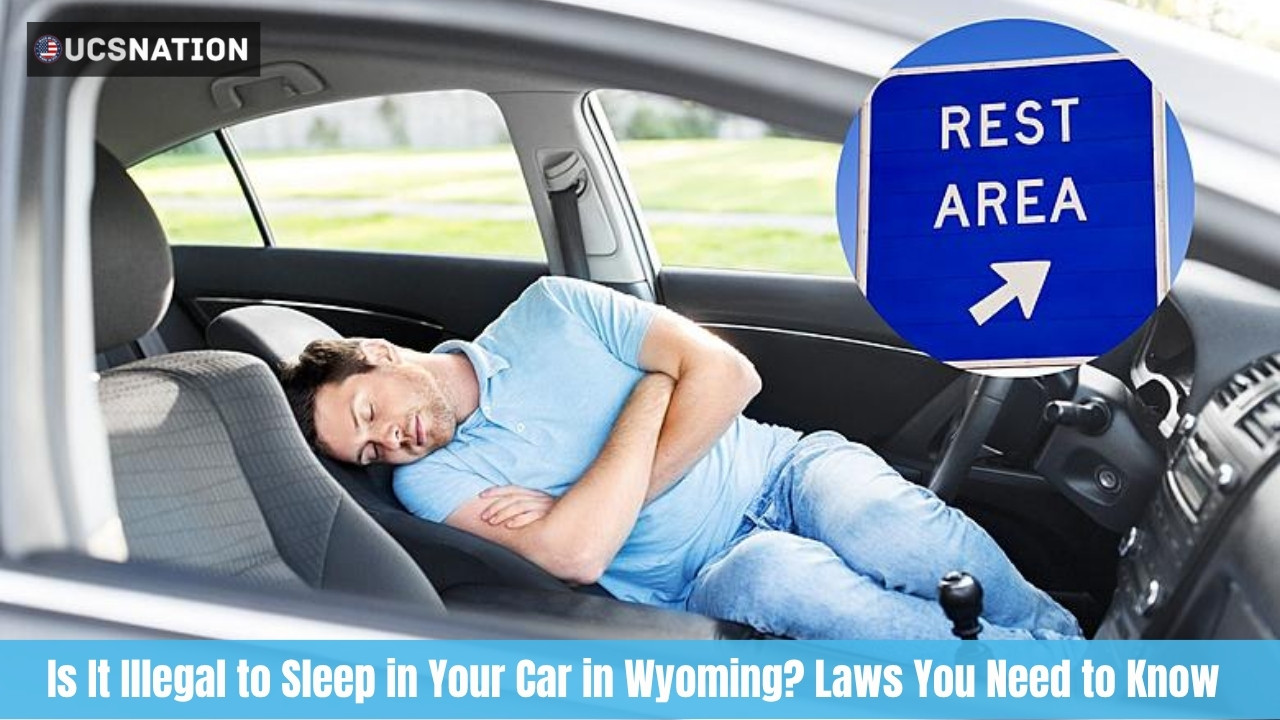
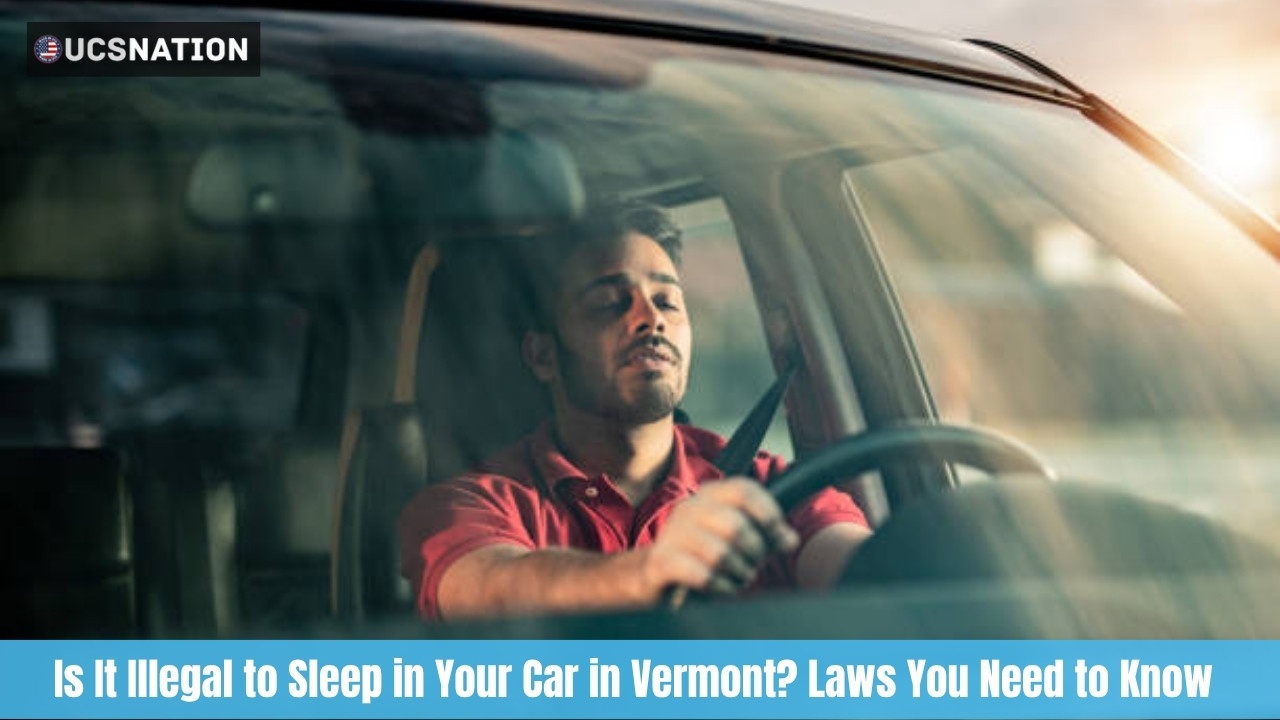
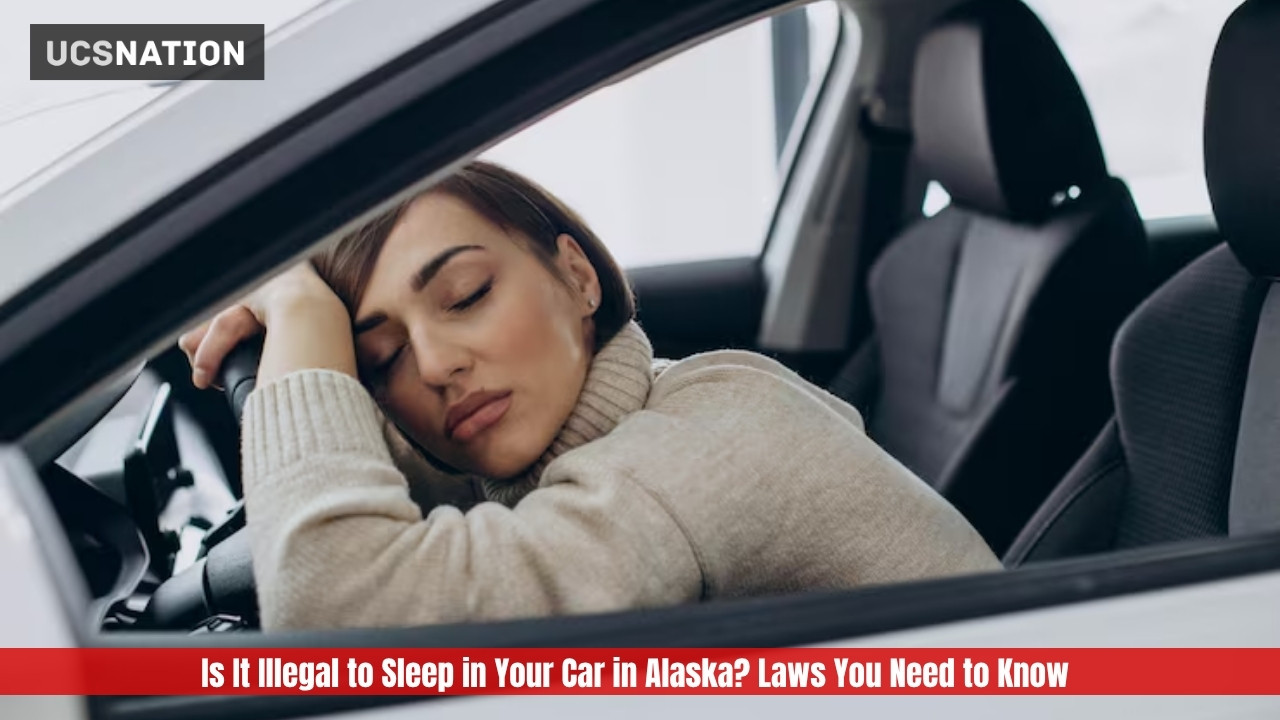
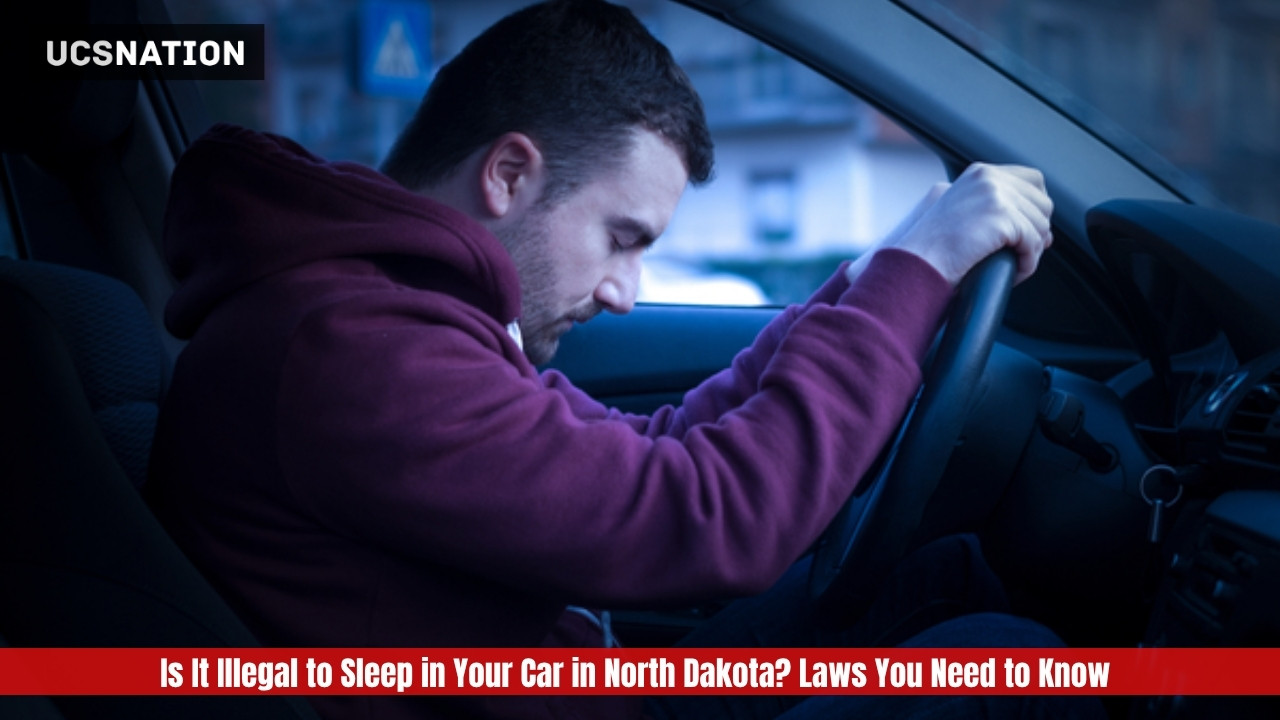
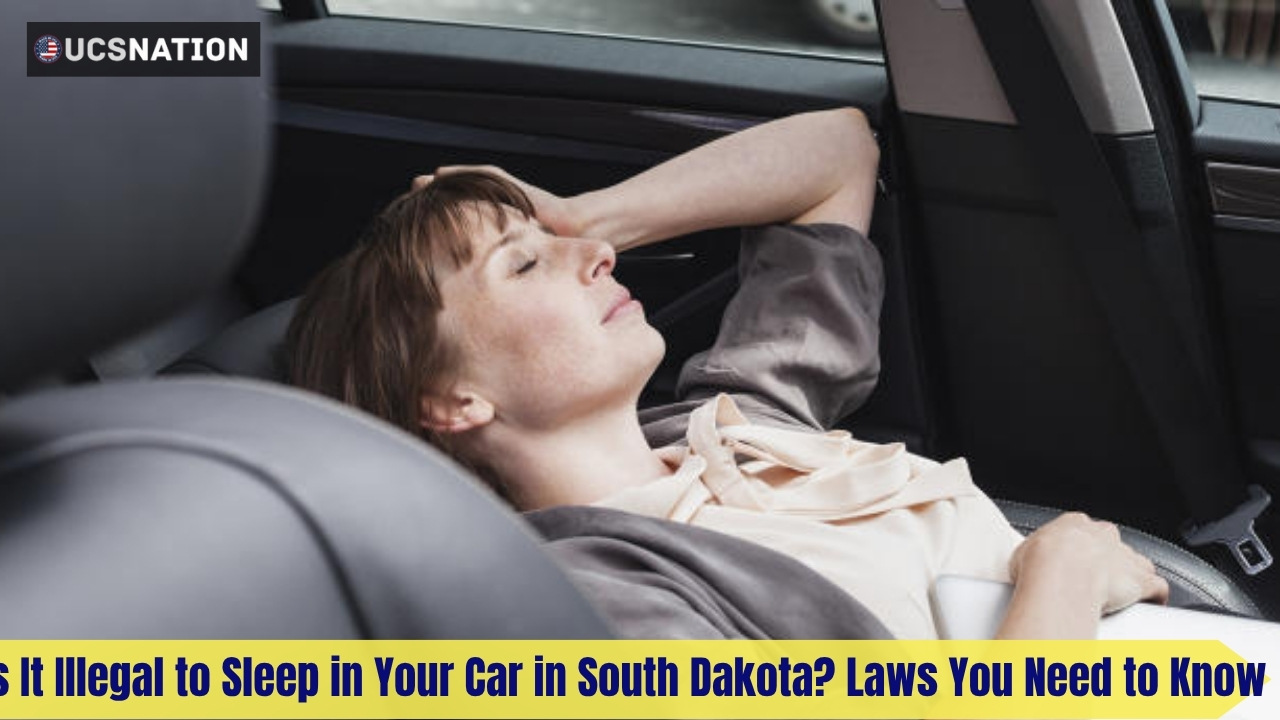




Leave a Reply